‘Playing with Research’ Introduction
This is a short introduction to a blog (or various entries) around the idea of ‘playing with research’ in health, physical education and related fields. The goal is sort of straightforward – I think. I hope to show different ways in which research is rigorous and thoughtful as well as approachable, fun and creative. And, I always want to encourage others to join in… In this entry, I provide a little background.
“Playing with research” by Dr. Carrie Safron
Back in April, on the HPE podcast, I discussed a paper I wrote on an affective inquiry into collaging (read it here). In the paper, I began to play around with collaging, or a re-assembling, of scrapbooks that four young participants and I created during my dissertation research. I experimented with different inquiry techniques – borrowing from Maggie MacLure’s (2013a, 2013b) notions of coding and wonder, Holbrook and Pourchier’s (2014) concept of collage as analysis, and affect from a PhEmaterialist perspective (Ringrose, Warfield, & Zarabadi, 2019). This then led to some unexpected openings, giving me a chance to re-consider my subjectivities and expand on modalities of research and practice. It brought focus to the affective power of material-discursive bodies – even resulting in a video of the beginning inquiry process (watch here). I discuss some of this in the podcast.
I want to suggest that what this paper really did (for me at least) was open up space for further inquiry and reflection, as well as an opportunity to start (and continue) to play around with data.
I see scholarship as a conversation, a dialogue. This was first mentioned to me by a professor at Teachers College, Columbia University (Dr. Ioana Literat). I am sure it comes from somewhere or someone else, but I do not know that answer! In any event, I raise this idea of scholarship as conversation at the end of the podcast. I think I see anything I do as a work-in-progress, never quite finished (but maybe decent enough to share with others). I also like to think that this is OKAY.
We (researchers, scholars, practitioners, educators) can share the ways in which we might approach our data and play around with inquiry. We can (re-)present (Allen, 2011) data and research in different, ethical ways that work for us, work for our participants, and work to reach various audiences. Spurred by HPE podcasts with myself and Dr. Karen Lambert, I want to propose that some of this creativity, doubt and open-ended inquiry can continue here – through entries in this blog.
Here’s the plan – as much as I can provide one because it will probably change.
The name of the podcast is Playing with Research in Health and Physical Education. This blog (or section or series of entries) will be a space to continue to do just that – play around with research data through inquiry approaches. This can involve insights from a paper – involving an approach, method, theory – which struck and stuck with you. This can be an excerpt from a paper that haunts you, but just did not make the cut in a final publication. This can include an ‘inner’ look at ways in which we experiment as we collect, generate, analyze, interpret and reflect on our work. These may be creative (e.g., poetry, video, narratives) or a breakdown of methods and procedures.
This is an opportunity to share ideas, collaborate and be reflective in ways that open up potentially response-able (Barad, 2012) practices. All we (or I) ask is to be thoughtful in critiques and comments, base contributions on ethical (research/pedagogical) practices, maintain respect – and have some fun! This is, after all, a space to ‘play’ with our research – to imagine and (re-)imagine many possibilities.
So, to begin ‘playing with research,’ the first entry will be posted within the next few weeks. Building on the thoughtful inquiry of those recent HPE podcasts, I will start with an example from my own research. I hope to post an entry every two months, experimenting or showcasing different approaches to inquiry. I also want to invite each of you to think, respond, contribute and create (new) lines of flight (Deleuze & Guattari, 1987) as we ‘play with research’ in HPE.
References (for further reading):
Allen, L. (2011). Young people and sexuality education: Rethinking key debates. New York: Palgrave Macmillan.
Barad, K. (2012). On touching— The inhuman that therefore I am. Differences: A Journal of Feminist Cultural Studies, 23(3), 206–223. https://doi.org/10.1215/10407391-1892943
Deleuze, G., & Guattari, F. (1987). A thousand plateaus: Capitalism and schizophrenia. University of Minnesota Press.
Holbrook, T., & Pourchier, N. M. (2014). Collage as Analysis : Remixing in the Crisis of Doubt. Qualitative Inquiry, 20(6), 754–763. https://doi.org/10.1177/1077800414530260
MacLure, M. (2013a). Classification or Wonder? Coding as an Analytic Practice in Qualitative Research. In R. Coleman & J. Ringrose (Eds.), Deleuze and Research Methodologies (pp. 164–183). Edinburgh, UK: Edinburgh University Press.
MacLure, M. (2013b). The wonder of data. Cultural Studies - Critical Methodologies, 13(4), 228–232. https://doi.org/10.1177/1532708613487863
Ringrose, J., Warfield, K., & Zarabadi, S. (2019). Introducing feminist posthumanisms/new materialisms & educational research: Response-able theory-practice-methodology. In Feminist posthumanisms, new materialisms and education (pp. 1–15). london: Routledge.
Safron, C. (2019). Reimagining health and fitness materials: an affective inquiry into collaging. Reconceptualizing Educational Research Methodology, 10(2–3), 40–60. https://doi.org/10.7577/rerm.3668

